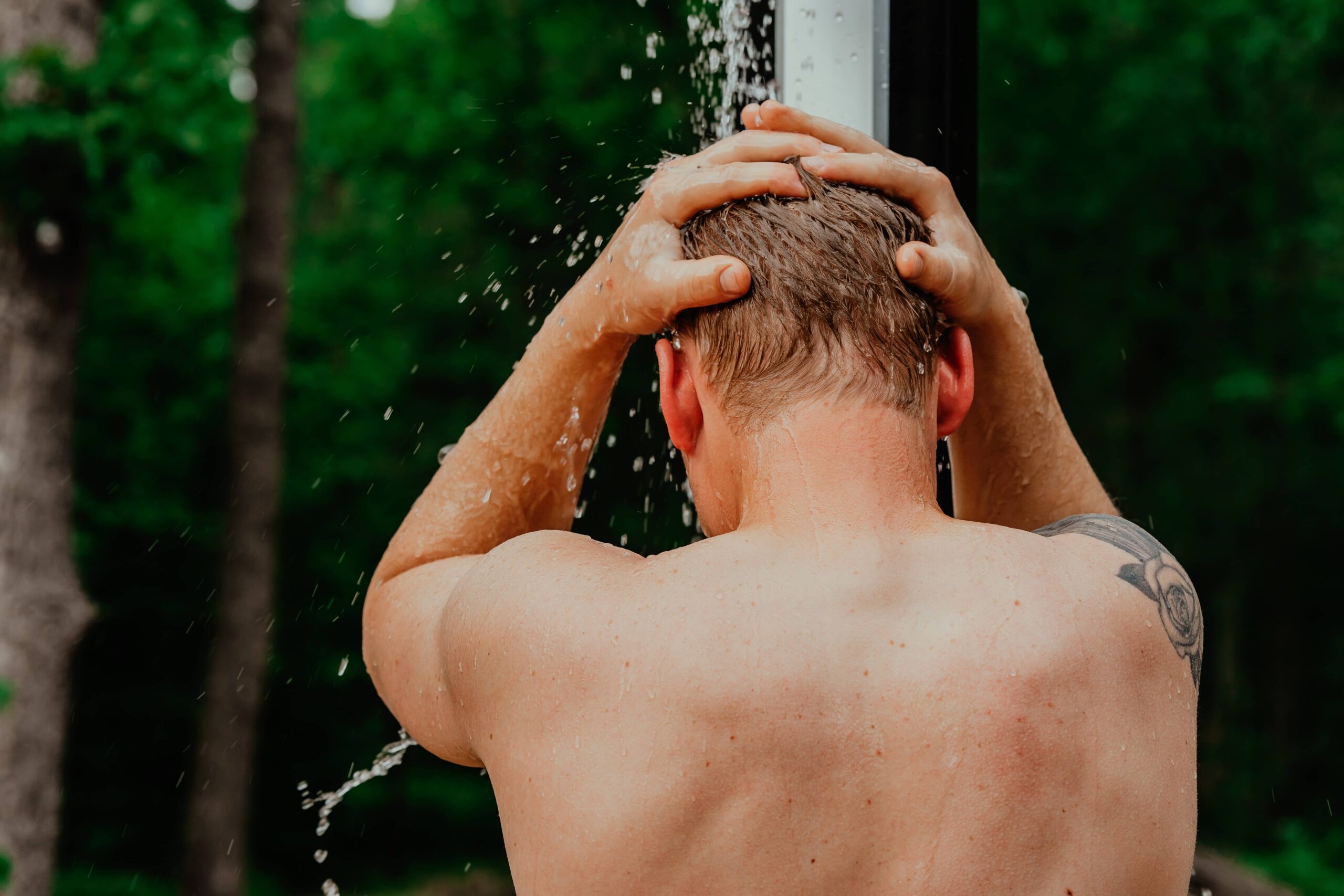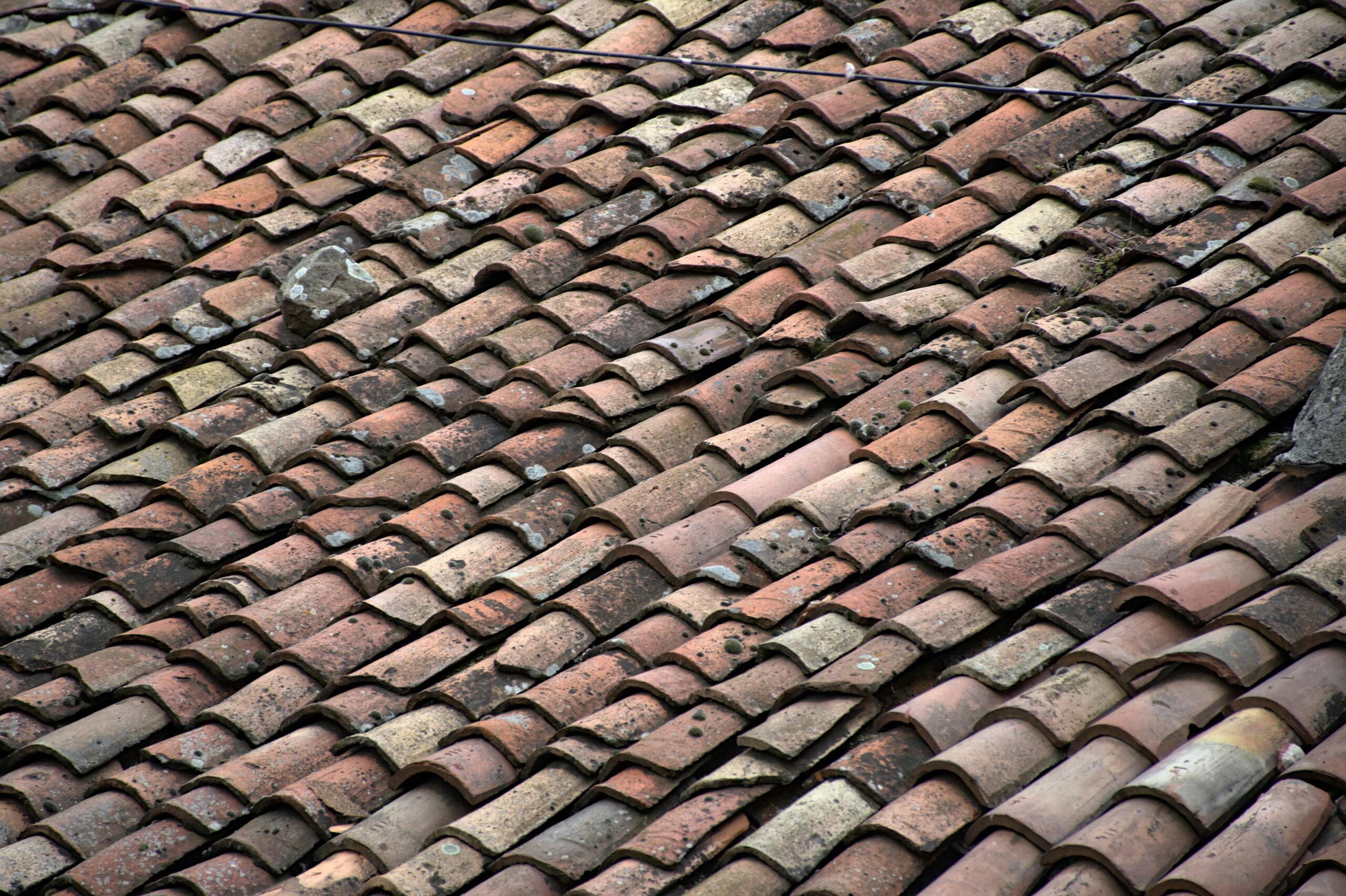
Leaking Water Heaters: Causes, Risks, and Repair Solutions
- 0
An essential piece of equipment in any home, a water heater heats water for a variety of everyday uses. On the other hand, a leaky water heater can develop rapidly into a major issue that could require expensive repairs and cause damage to your property. This blog post will explore the reasons behind water heater leaks, the dangers these leaks pose, and quick fixes for the problem. We’ll also mention some professional plumbing services for water heater repair in a brief manner without naming any particular businesses.
Reasons Why Water Heaters Leak
There are several reasons why water heaters leak, and finding the source is crucial to making the right repairs. The following are some typical causes of water heater leaks:
- Leak in the Pressure Relief Valve (PRV): The PRV’s purpose is to relieve the water heater’s overpressure. Water may escape through the PRV’s discharge pipe if it’s broken or if the tank is under too much pressure.
- Corrosion: The continuous exposure of the water heater tank’s interior to water can cause corrosion over time. Leaks may result from the integrity of the tank being weakened by this corrosion.
- Sediment Buildup: The water’s minerals and silt may collect at the tank’s bottom, forming a barrier that keeps water from getting to the heating element. This may result in overheating and leaks in the end.
- Bad Drain Valve: The sediment is removed from the tank by using the drain valve. A slow leak that persists over time may be caused by a loose or malfunctioning drain valve.
- Condensation: On occasion, condensation may appear on the tank’s exterior and give the impression that a leak is present. In areas with high humidity, this occurs more frequently.
- Leaks in the Inlet or Outlet Connections: Loose fittings or corrosion can cause leaks in the connections where water enters and leaves the water heater.
Water Heater Leak Hazards
If a leaky water heater is not fixed, there are various dangers to your family’s safety and property:
- Property Damage: Water heater leaks can seriously harm furnishings, walls, and flooring, necessitating expensive repairs or replacements.
- Growth of Mold and Mildew: Leak moisture can provide the perfect conditions for the growth of mold and mildew, which can harm indoor air quality and be dangerous.
- Structural Damage: Extended exposure to water can erode your home’s structural components and jeopardize its structural integrity.
- Energy Waste: A leaky water heater may find it difficult to keep the water at the proper temperature, which could result in wasted energy and higher utility costs.
- Health Risks: Severe water heater leaks can cause boiling hot water to spill out of the tank, putting family members at risk of burns.
Fixes for Leaking Water Heater Systems
It’s critical to take immediate action to fix a leaking water heater in order to limit future damage and safety hazards. The source of the leak determines the proper repair method:
- Replacement of the Pressure Relief Valve (PRV): In the event of a leak, the PRV may require replacement. A qualified plumber can evaluate the circumstances, identify whether high pressure is the root of the problem, and replace the PRV as necessary.
- Repair or Replace Tank: Replacing the water heater is usually advised if corrosion is causing the tank to leak. In many cases, repairing a corroded tank is not a long-term or economical solution.
- Maintenance and Sediment Removal: Cleaning the tank to get rid of accumulated sediment can help stop overheating-related leaks. Frequent upkeep, such as tank flushing, can increase the life of the water heater.
- Repair or Replacement of Drain Valve: To stop slow leaks, a broken drain valve needs to be fixed or replaced. An experienced plumber can complete this work.
- Sealing and Insulation: Appropriate sealing and insulation can stop the accumulation of moisture in tanks that have condensation on the outside.
- Tightening Connections: Loose fittings can frequently be tightened to stop leaks at inlet or outlet connections. However, replacement might be required if the connections are corroded.
Expert Plumbing Services for Repairing Water Heaters
Although homeowners possessing basic plumbing knowledge can tackle certain water heater problems, it is imperative to consult a professional plumber such as true-plumbing.com for intricate issues, particularly those involving leaky water heaters. Professional plumbers are equipped with the knowledge, skills, and resources necessary to correctly identify the problem and suggest the best course of action for replacement or repair. The following are some benefits of using expert plumbing services:
- Expert Diagnosis: Plumbers are able to determine the source of the leak and evaluate the water heater’s general state.
- Safety: Professional plumbers have the required safety equipment and training to reduce risks when handling hot water and gas lines, which can be dangerous tasks.
- Efficiency: Experts can replace or repair a leaking water heater quickly and effectively, saving downtime and averting additional damage.
- Code Compliance: Because they are knowledgeable about the local plumbing codes and laws, plumbers can make sure that any installations or repairs adhere to the required specifications.
- Long-Term Solutions: Experts can offer long-term solutions that will extend the life of your water heater and reduce the possibility of leaks in the future.
In Summary
The risks and repercussions associated with ignoring a leaking water heater make it a situation that should be taken seriously. To ensure the safety and protection of your home and property, it is imperative that you find the source of the leak, comprehend the risks involved, and seek professional plumbing services for repair or replacement as soon as possible. It is advisable to get in touch with a reputable plumbing service in your area if you discover a leaky water heater or if you suspect any problems with your water heating system. These experts can evaluate the circumstances, offer knowledgeable solutions, and guarantee that your hot water supply will continue to function, find more here.

